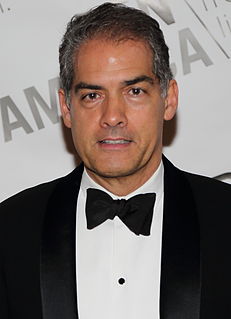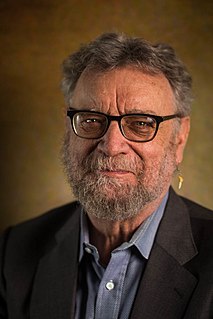A Quote by Donalyn Miller
Students will read if we give them the books, the time, and the enthusiastic encouragement to do so. If we make them wait for the one unit a year in which they are allowed to choose their own books and become readers, they may never read at all. To keep our students reading, we have to let them.
Related Quotes
By believing that only some of our students will ever develop a love of books and reading, we ignore those who do not fall into books and reading on their own. We renege on our responsibility to teach students how to become self-actualized readers. We are selling our students short by believing that reading is a talent and that lifelong reading behaviors cannot be taught.
The man who doesn't read good books has no advantage over the man who can't read them. It is said that leaders are readers. However if they read trashy magazines for the majority of their time and they never run with the information that they glean from resourceful books, then they may as well have not taken any time to read at all. It is easier to stay out than get out.
If you are resolutely determined to make a lawyer of yourself, the thing is more than half done already. It is but a small matter whether you read with anyone or not. I did not read with anyone. Get the books, and read and study them till you understand them in their principal features; and that is the main thing. It is of no consequence to be in a large town while you are reading. I read at New Salem, which never had three hundred people living in it. The books, and your capacity for understanding them, are just the same in all places.
Give yourself unto reading. The man who never reads will never be read; he who never quotes will never be quoted. He who will not use the thoughts of other men’s brains, proves that he has no brains of his own. You need to read. . . . We are quite persuaded that the very best way for you to be spending your leisure time, is to be either reading or praying. You may get much instruction from books which afterwards you may use as a true weapon in your Lord and Master’s service. Paul cries, “Bring the books” — join in the cry.
The best thing about conceptual poetry is that it doesn’t need to be read. You don’t have to read it. As a matter of fact, you can write books, and you don’t even have to read them. My books, for example, are unreadable. All you need to know is the concept behind them. Here’s every word I spoke for a week. Here’s a year’s worth of weather reports... and without ever having to read these things, you understand them.
Every generation likes to think that children don't read as much as they used to when they were young! You listen to some adults saying they were going around reading 'Ulysses' when they were seven or eight! I think children are voracious readers if you give them the right books and if you make those books accessible to them.
Master those books you have. Read them thoroughly. Bathe in them until they saturate you. Read and reread them…digest them. Let them go into your very self. Peruse a good book several times and make notes and analyses of it. A student will find that his mental constitution is more affected by one book thoroughly mastered than by twenty books he has merely skimmed. Little learning and much pride comes from hasty reading. Some men are disabled from thinking by their putting meditation away for the sake of much reading. In reading let your motto be ‘much not many.
You see? Characters in books do not read books. Oh, they snap them shut when somebody enters a room, or fling them aside in disgust at what they fancy is said within, or hide their faces in one which they pretend to peruse while somebody else lectures them on matters they'd rather not confront. But they do not read them. 'Twould be recursive, rendering each book effectively infinite, so that no single one might be finished without reading them all. This is the infallible message of discovering on which side of the page you are on.
We have an obligation to read aloud to our children. To read them things they enjoy. To read to them stories we are already tired of. To do the voices, to make it interesting, and not to stop reading to them just because they learn to read to themselves. Use reading-aloud time as bonding time, as time when no phones are being checked, when the distractions of the world are put aside.






























